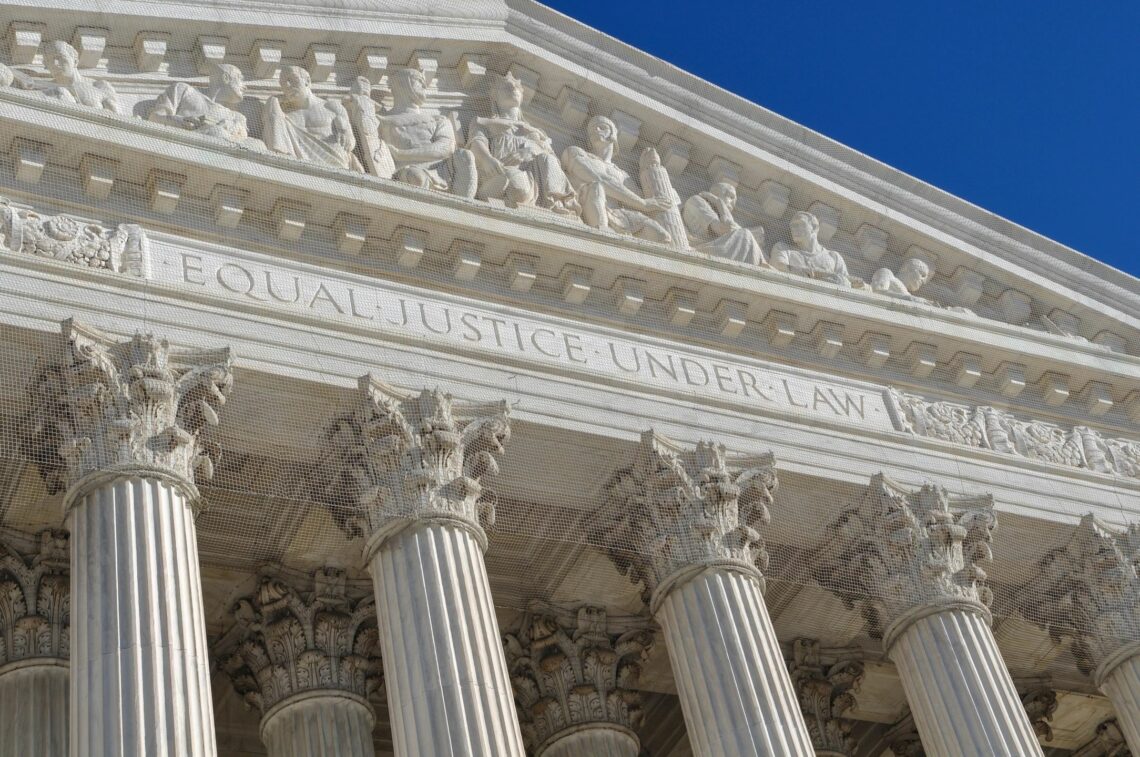Feser on scientism: Scientism is simply not a coherent position. You cannot avoid having distinctively philosophical and extra-scientific theoretical commitments, because the very attempt to do so entails having distinctively philosophical and extra-scientific theoretical commitments. And if you think that these commitments are rationally justifiable ones – and of course, anyone beholden to scientism thinks his view is paradigmatically rational – then you are implicitly admitting that there can be such a thing as a rationally justifiablethesis which is not a scientific thesis. Which is, of course, what scientism denies. Thus scientism is unavoidably self-defeating.
-
-
If Equality, then God.
Louis Pojman makes a convincing case for the conclusion that if there is any case for the equal dignity of human beings, then God exists: “The doctrine that all people are of equal worth, and this endowed with inalienable rights, is rooted in our religious heritage…The originators of rights language presupposed a theistic world view, and secular advocates of equal rights are, to cite Tolstoy, like children who see beautiful flowers, grab them, break them at their stems, and try to transplant them without their roots. The egalitarian assertions of the United Nations’ Universal Declaration of Human Rights are similar to those of our Declaration of Independence, with one important…
-
The Distinction Between Potential and Actual
The Maverick explains the distinction between actual and potential in abortion debates: “It is often said that a human fetus is a potential human life. Not so! A human fetus is an actual human life. Consider a third-trimester human fetus, alive and well, developing in the normal way in the mother. It is potentially many things: a neonate, a two-year-old, a speaker of some language, an adolescent, an adult, a corpse. And let’s be clear that a potential X is not an X. A potential oak tree is not an oak tree. A potential neonate is not a neonate. A potential speaker of Turkish is not a Turkish speaker. But an…
-
If Rights, Then God.
Victor Reppert’s reconstruction of the Roe v. Wade argument is illuminating: There is a constitutionally guaranteed right of privacy, of which we can be certain. In the case of abortion, the right of privacy must prevail unless there is a countervailing right of which we can be certain, such as the fetus’s right to life. This protects a woman’s right to consult with her doctor and decide whether or not to get an abortion. Just as it is a violation of privacy rights to make birth control illegal, it violates privacy right to prohibit abortion, unless a countervailing right can be established. But the fetus’s right to life cannot be…
-
Reply To Alexander Pruss
Alexander Pruss argues for the following: “given soft determinism, it is in principle possible to avoid culpability while still getting the exact same results whenever you don’t know prior to deliberation how you will choose. This seems absurd, and the absurdity gives us a reason to reject the compatibility of determinism and responsibility.” Pruss asks us to suppose, for reductio, that determinism is true and that we are morally responsible for our actions. Then he tells the following tale: …imagine a device that can be activated at a time when an agent is about to make a decision. The device reads the agent’s mind, figures out which action the agent…
-
PragNag
“…pragmatism is perhaps the worst idea that philosophy ever had” says recently deceased philosopher, Jerry Fodor. Not only is it bad, but according to Fodor it is false, and necessarily so. Pragmatism suggests that rationalists have got it all the wrong way round. Instead of having thoughts about the world, we make plans in it. We can believe in the existence of material objects because belief in material objects is indispensable for science and science is what we want to do in the world. The problem is that it is impossible to put the cart before the horse. Whichever way one sets it up, being committed to the truth value…
-
Pride
“A man’s pride will bring him low, but a humble spirit will obtain honor” (Proverbs 29:23). Pride is a pre-occupation with oneself. It is evident in both the arrogant and the self-pitying. Its only cure is a replacement of the object of one’s attention. This is both simple and difficult. “What can be more important than me?” the proud person asks. To this, there is only one answer that is certain to convince the puffed up – God. Humility–the opposite of pride–is a preoccupation with God and with other people. It is cultivated by a proper perspective of oneself. But a proper perspective of one thing requires that it be…
-
Normativity and Motivation
According to Christine Korsgaard, there is a distinction between explanatory and normative adequacy for a moral theory. In a really interesting passage, Korsgaard asks us to think from two points of view – a third person point of view and a first-person point of view. She then takes a standard evolutionary explanation of moral obligation and asks us to consider its truth from both points of view: Suppose someone proposes a moral theory which gives morality a genetic basis. Let’s call this ‘the evolutionary theory’. According to the evolutionary theory, right actions are those which promote the preservation of the species, and wrong actions are those which are detrimental to…


